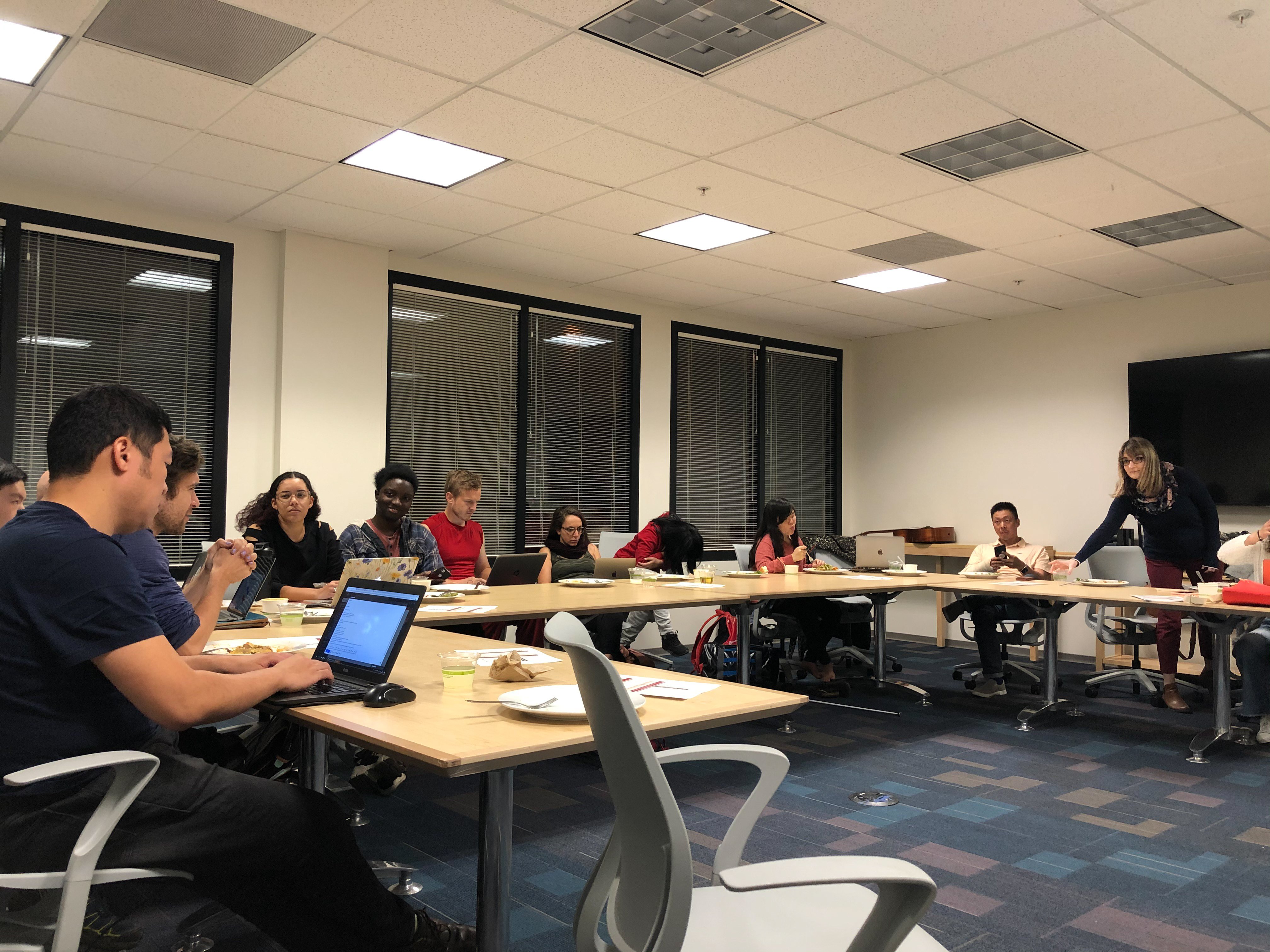In its first meeting of the quarter, the Graduate Student Council (GSC) passed resolutions calling upon the University to designate Election Day as a holiday for students, faculty and staff and condemning the University’s treatment of workers during the pandemic.
The GSC unanimously adopted the Election Day resolution. The resolution aims to increase the likelihood that members of the Stanford community will vote. The same resolution unanimously passed the Undergraduate Senate on Tuesday.
The Council also adopted a second resolution, authored by members of the ASSU’s executive cabinet and senators and sponsored by Students for Workers’ Rights, which condemns the University for “failure to adequately protect and inform” workers. The resolution alleged that over 75% of laid-off UG2 custodial workers had not received support promised by the University despite their eligibility under University policy.
A University spokesperson did not immediately respond to a request for comment about the laid-off workers.
Councilors also discussed criticism of the Campus Compact, a commitment graduate students living on campus are required to sign that outlines requirements intended to prevent the spread of COVID-19. The Council will soon send out a survey to the student body to gauge student opinions on the Compact.
The Compact has come under fire from graduate students, who have raised concerns that the compact is unnecessarily punitive and disproportionately harms marginalized populations on campus. Councilor Kari Barclay, fifth-year theater and performance studies Ph.D. student, at the meeting described the compact as “undemocratic.”
Councilor Helen Yue Zhang, a second-year Ph.D. biology student, reported that the ASSU is allocating $45,000 to Voluntary Student Organizations for fall quarter, a 30% decrease from last spring’s allocation. In light of limited programming during the ongoing pandemic, the Student Activities Fee for enrolled graduate students is now down to $35 from $45. According to the meeting minutes, Zhang encouraged councilors to adopt a hard cap of $5,000 in funding per organization.
The GSC later discussed a resolution in support of accommodations for online education across time zones, which was passed the Senate. The GSC suspended the resolution for further review of the text’s wording. The resolution attempts to accommodate those who are affected by significant time differences during distance learning and encourages faculty to support accommodations, specifically by increasing the availability of office hours and setting a 24-hour minimum on exam time windows.
Contact Matthew Turk at mjturk ‘at’ stanford.edu and Sam Catania at samcat ‘at’ stanford.edu.
This article has been updated to reflect that the Election Day resolution has not circulated among the Senate for several years. According to the bill’s author, Jonathan Lipman, the meeting minutes upon which a previous version of this article relied for context on the resolution incorrectly stated that it had circulated for several years.
